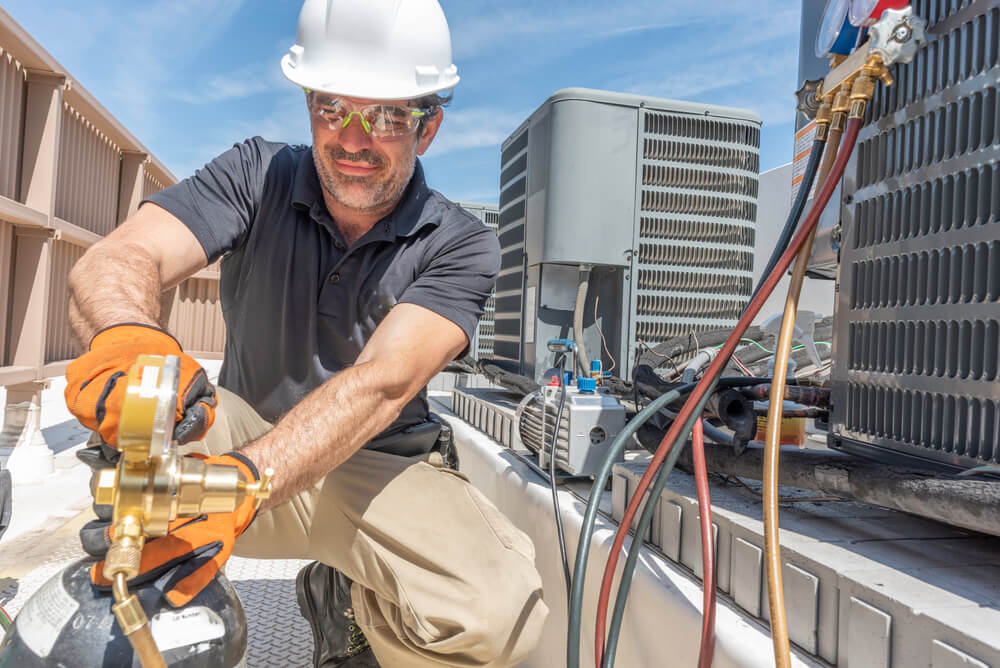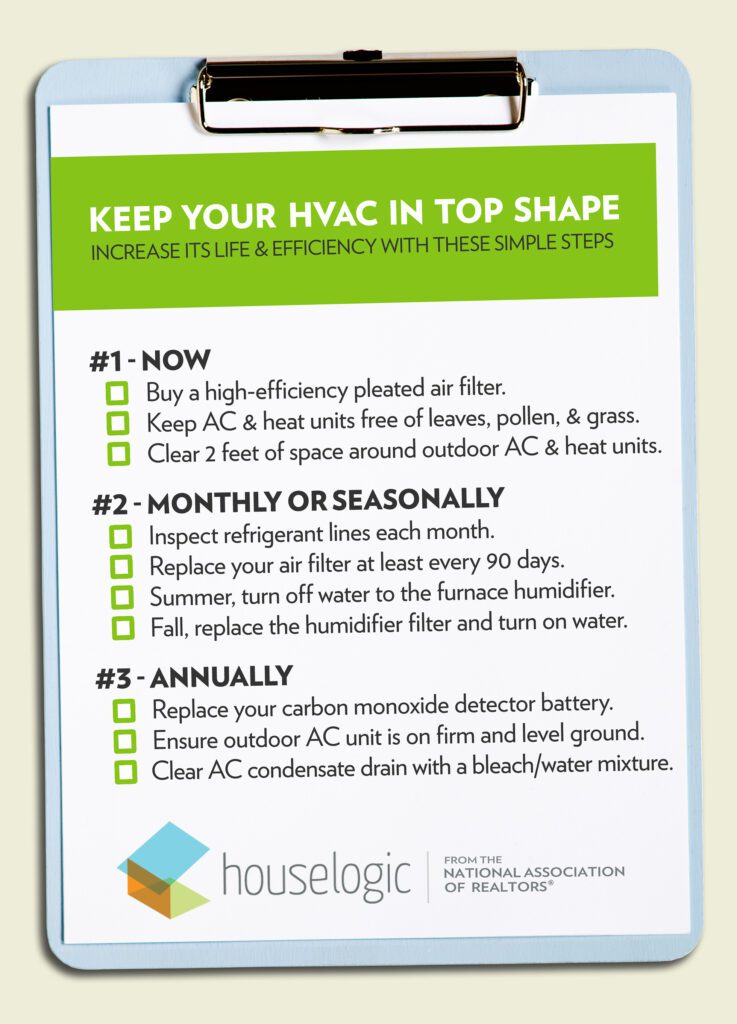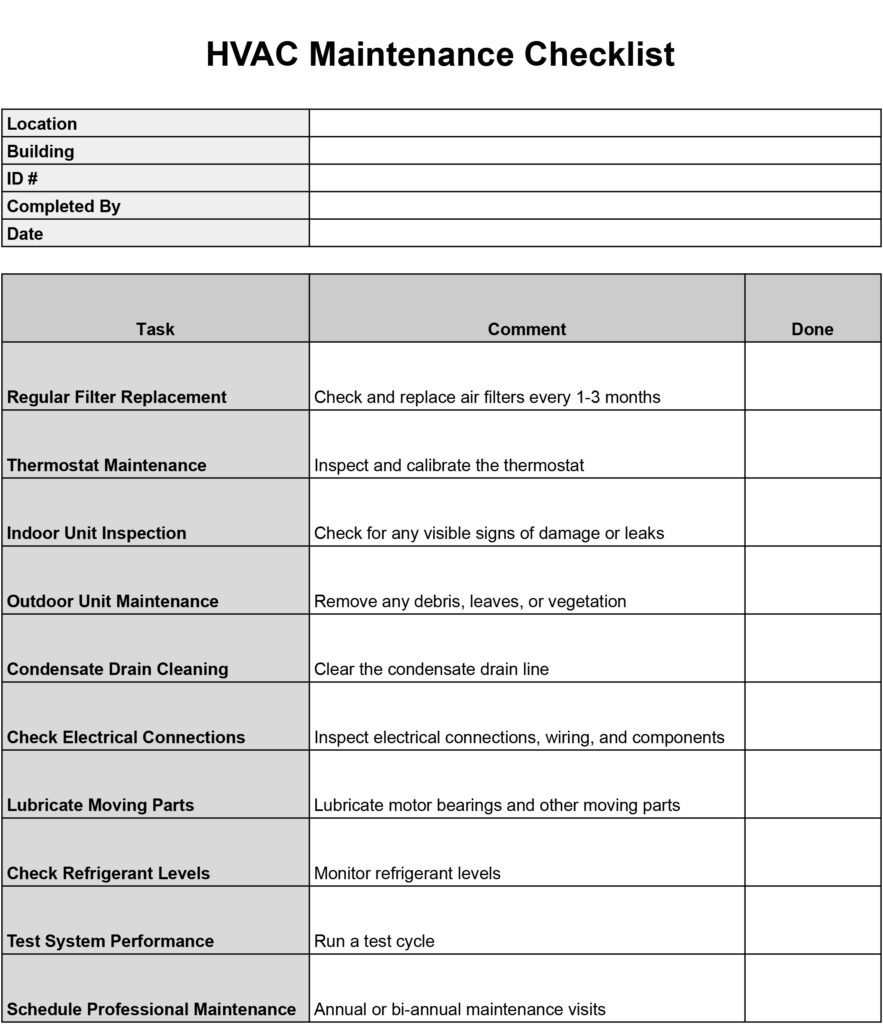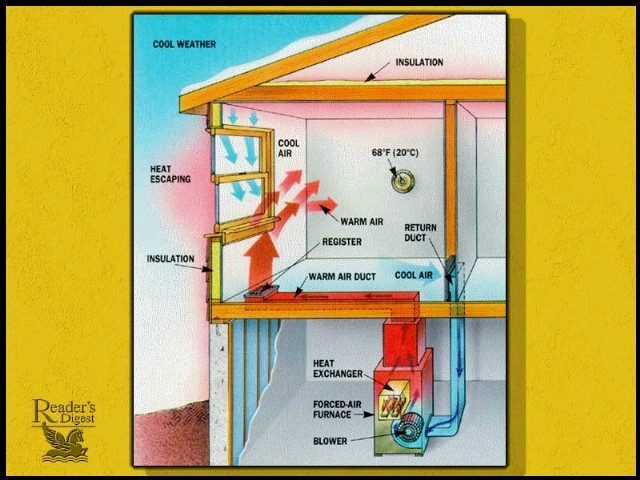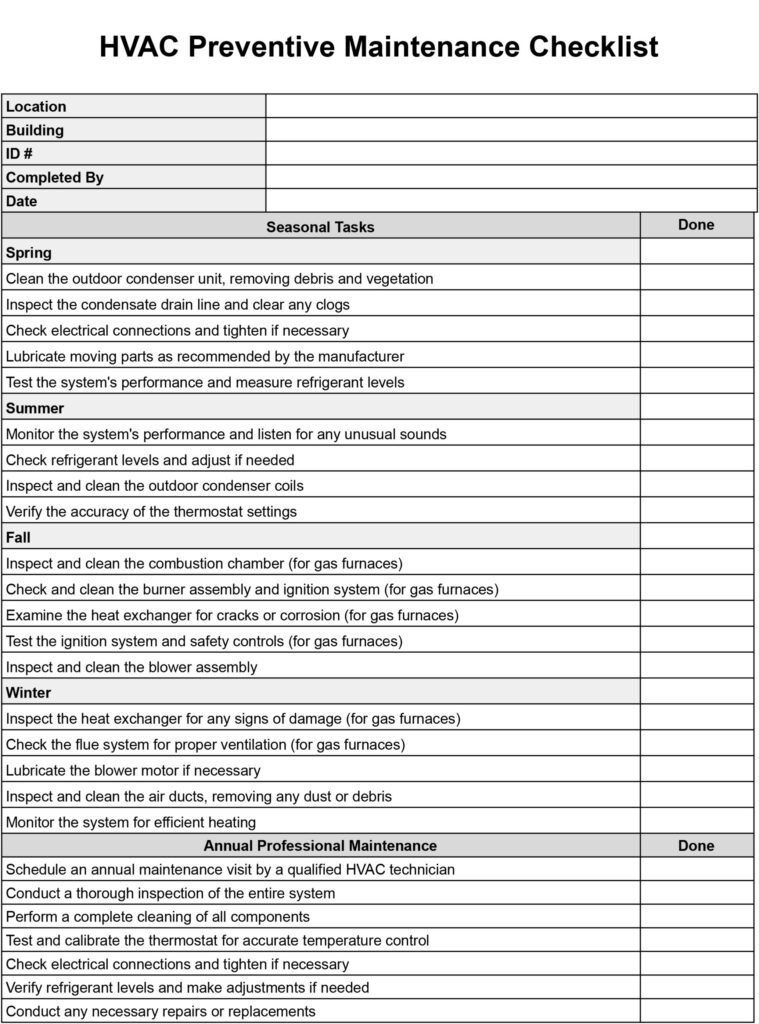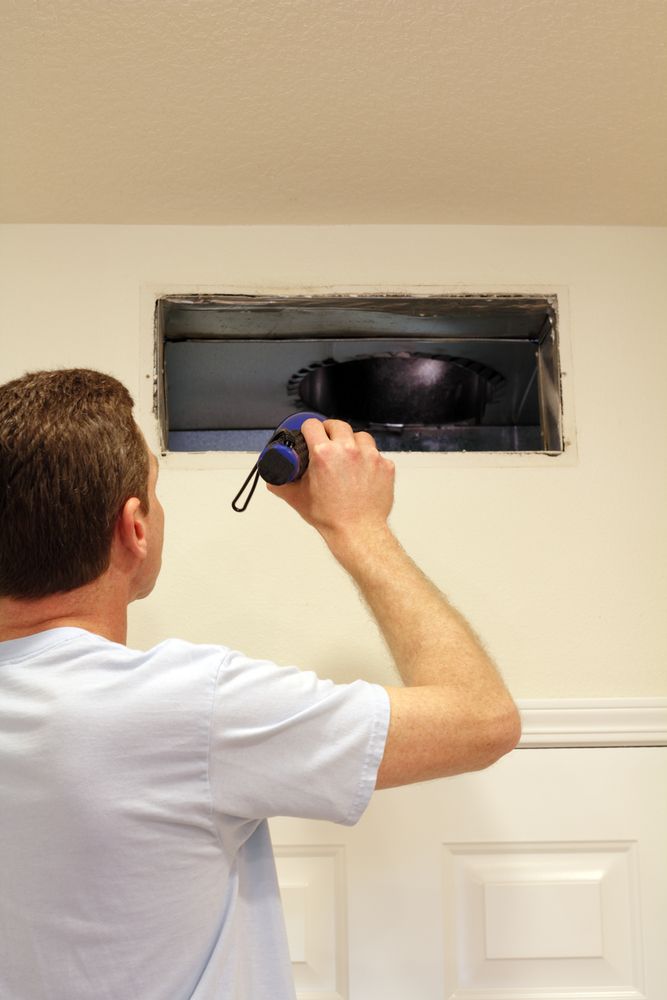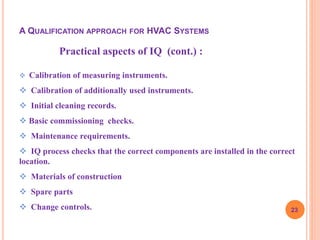So, you’re in need of an HVAC contractor but you’re not exactly sure what questions you should be asking? Don’t worry, we’ve got you covered. In this article, we will provide you with a comprehensive list of questions that you should ask your HVAC contractor before making any decisions. From their experience and qualifications to pricing and warranties, these questions will help you ensure that you’re hiring the right professional for the job. So, let’s dive in and find out what questions you should be asking the HVAC contractor!
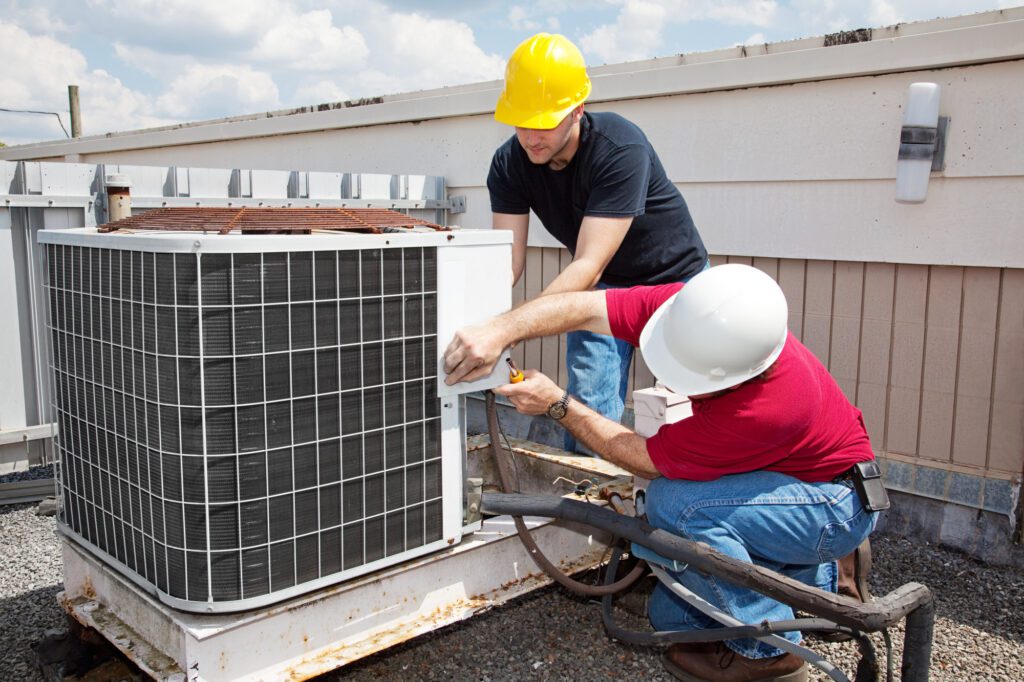

Experience and Qualifications
How long have you been in business?
When choosing an HVAC contractor, it’s essential to inquire about their level of experience and how long they have been in business. A contractor with a long history in the industry is likely to have extensive knowledge and expertise in handling various HVAC projects. They would have encountered different issues and challenges in their years of service and developed effective solutions to address them. It is generally advisable to choose a contractor who has been in business for a substantial amount of time, as it demonstrates their reliability and stability.
Are you licensed and insured?
Another crucial aspect to consider when hiring an HVAC contractor is whether they possess the necessary licenses and insurance coverage. A licensed contractor indicates that they have met the requirements set by local authorities and have the knowledge and skills to carry out HVAC work. Additionally, insurance coverage is vital to protect both you and the contractor in case of any accidents or damages that may occur during the project. Always make sure to ask for proof of licensing and insurance to ensure the contractor meets all the necessary legal requirements.
Do you have any certifications?
Certifications in the HVAC industry demonstrate a contractor’s commitment to professionalism, ongoing education, and staying up-to-date with the latest technologies and best practices. Some certifications to look for include NATE (North American Technician Excellence) and HVAC Excellence certifications. These certifications validate a contractor’s expertise and competence in their field, providing you with confidence that they have the necessary knowledge to handle your HVAC project.
What is your experience with HVAC systems?
Inquiring about a contractor’s experience with HVAC systems is essential to ensure they have the specific expertise needed for your project. HVAC systems can vary in complexity and size, and it’s crucial to find a contractor who has hands-on experience working with systems similar to yours. By asking this question, you can gauge their familiarity with different types of HVAC systems and their ability to diagnose and resolve any issues that may arise.
Have you worked on similar projects before?
When choosing an HVAC contractor, it’s beneficial to select someone who has prior experience working on projects similar to yours. By asking about their past projects, you can gain insights into their ability to handle the specific requirements and challenges that may arise in your project. Additionally, if they have worked on similar projects in the past, they are more likely to be familiar with the potential pitfalls and can provide efficient and effective solutions.
Services Offered
What HVAC services do you provide?
Inquiring about the range of HVAC services a contractor offers is vital to ensure they can meet your specific needs. HVAC services can encompass installation, repair, maintenance, and replacement of heating, ventilation, and air conditioning systems. By asking this question, you can determine if the contractor provides the specific service you require and evaluate their expertise and capabilities in those areas.
Do you offer maintenance plans?
Regular maintenance is crucial for the optimal performance and longevity of your HVAC system. It is beneficial to inquire if the contractor offers maintenance plans or agreements. These agreements generally include scheduled inspections and tune-ups to ensure your system operates at its best throughout the year. Regular maintenance can help identify potential issues before they become major problems, saving you money in the long run and extending the lifespan of your HVAC system.
Do you provide emergency services?
HVAC emergencies can occur at any time, and it’s essential to have a contractor who can respond promptly and efficiently. Inquire if the contractor offers emergency services, and if so, how quickly they can respond to emergency calls. Knowing that you have a reliable contractor who can address urgent HVAC issues provides peace of mind and can prevent prolonged discomfort in extreme weather conditions.
Do you offer installation and replacement services?
Whether you need a new HVAC system installed or an existing one replaced, it’s essential to find a contractor who can handle these services. Inquire about their expertise in HVAC installations and replacements to ensure they have the necessary skills and knowledge to handle your specific requirements. Their experience in these areas is critical to ensuring that your new system is installed correctly and operates efficiently.
Do you offer energy efficiency solutions?
Energy efficiency is increasingly important, both from an environmental standpoint and for reducing utility costs. Inquire if the contractor offers energy efficiency solutions, such as upgrading or optimizing your HVAC system to minimize energy consumption. A knowledgeable contractor will be able to recommend energy-efficient options and provide advice on how to maximize the efficiency of your system, ultimately saving you money on energy bills.


Costs and Estimates
How do you determine the cost of services?
Understanding how a contractor determines the cost of their services is essential for budgeting and comparing different contractors. Costs can vary based on factors such as the size of the project, the complexity of the work, the type of HVAC system, and the materials required. By asking this question, you can gain insights into the contractor’s pricing structure and ensure it aligns with your budget.
Can you provide a detailed estimate?
Obtaining a detailed estimate from the contractor is crucial to understand the breakdown of costs involved in your HVAC project. The estimate should cover all aspects of the project, including labor, materials, permits, and any additional fees. A detailed estimate allows you to evaluate and compare quotes from different contractors accurately. Be sure to request a written estimate that clearly outlines all the costs involved.
Are there any additional fees or hidden charges?
It’s essential to ask the contractor about any potential additional fees or hidden charges that may not be mentioned in the initial estimate. Additional fees can arise due to unforeseen circumstances or changes in the scope of the project. By clarifying this upfront, you can avoid unexpected expenses later on and ensure that you have a clear understanding of the total cost involved.
What payment options are available?
Understanding the available payment options offered by the contractor is crucial to plan your budget accordingly. Inquire about acceptable forms of payment, such as credit cards, checks, or electronic transfers. Additionally, ask about the payment schedule, including any required deposits and milestone payments. By discussing payment options in advance, you can avoid any misunderstandings or delays in the project timeline.
Do you offer financing options?
HVAC projects can involve significant upfront costs, and it’s essential to inquire if the contractor offers financing options. Financing can help make the project more affordable by spreading out payments over an extended period. If financing is available, ask about the terms, interest rates, and any requirements or restrictions that may apply. Having access to financing options can make it easier to proceed with your HVAC project.
Warranties and Guarantees
What type of warranty do you offer for your services?
When investing in an HVAC system or any HVAC services, it’s crucial to understand the warranty offered by the contractor. A warranty provides assurance that the contractor stands behind their workmanship and the quality of the materials used. Inquire about the type of warranty provided, including the duration and what it covers. A comprehensive warranty can offer peace of mind and protect you from any unexpected issues or repairs.
Are there any guarantees on your workmanship?
Apart from warranties, some contractors may offer additional guarantees on their workmanship. These guarantees signify the contractor’s confidence in their ability to deliver high-quality work. Ask the contractor if they provide any guarantees and what specific aspects of their workmanship they cover. Understanding the extent of the guarantees offered allows you to evaluate the contractor’s commitment to customer satisfaction.
How long are the warranties valid?
Knowing the duration of the warranties offered by the contractor is essential for planning and understanding what will be covered over time. Warranties can range from a few years to a decade depending on the contractor and the specific components or systems covered. Make sure to ask for the warranty period for both labor and materials, as they may have different durations. It’s also important to inquire about any conditions or requirements that may affect the validity of the warranty.
Is there an extended warranty option?
Some contractors may offer extended warranty options that provide additional coverage beyond the standard warranty period. Inquire if the contractor provides this option and what it entails. An extended warranty can offer added protection and peace of mind, particularly for major components of your HVAC system. Understanding the availability and cost of extended warranties allows you to make an informed decision about the level of coverage you desire.
What does the warranty cover?
Understanding precisely what the warranty covers is crucial to avoid any misunderstandings or surprises down the line. A comprehensive warranty should cover both labor and materials and protect against defects or failures resulting from normal use. Ask for a detailed explanation of what the warranty includes and any potential exclusions or limitations. It’s important to have a clear understanding of the level of protection you will receive for your HVAC system.
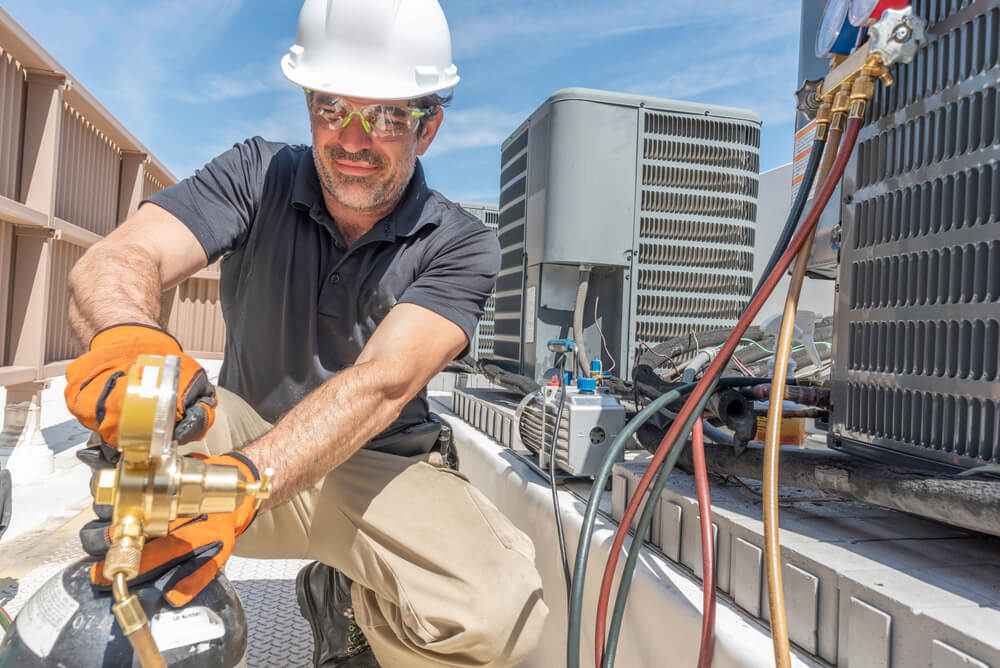

References and Testimonials
Can you provide references from past customers?
When evaluating an HVAC contractor’s credibility and reputation, it’s valuable to speak with their past clients. Request references from the contractor and contact these individuals to inquire about their experience working with the contractor. References can provide insights into the contractor’s professionalism, reliability, and the quality of their work. Hearing directly from past customers can help you gauge if the contractor is the right fit for your HVAC project.
Do you have any testimonials or reviews?
In addition to speaking with references, ask the contractor if they have any testimonials or reviews from previous customers. Testimonials and reviews are typically written statements from satisfied customers who have experienced the contractor’s services. They can provide valuable information about the contractor’s performance, customer service, and overall satisfaction of their clients. Online testimonials and reviews are often accessible on the contractor’s website or through reputable review platforms.
Are there any online ratings or industry awards?
Online ratings and industry awards are another way to gauge a contractor’s reputation and credibility. Inquire if the contractor has any online ratings or has received industry recognition or awards. High ratings or awards can signify the contractor’s commitment to excellence and customer satisfaction. It is worth checking reputable review websites and industry associations to get a broader understanding of the contractor’s reputation.
Can I speak with previous clients?
Requesting to speak directly with previous clients can provide an opportunity to ask specific questions and gain a more personalized understanding of the contractor’s performance. If the contractor is willing to arrange conversations with past clients, take advantage of this opportunity to ask about key aspects such as communication, timeliness, and overall satisfaction. Speaking with clients directly can provide valuable insights and help you make an informed decision about hiring the contractor.
Have you received any complaints or legal actions?
Seeking information about any complaints or legal actions filed against the contractor allows you to assess their track record and professionalism. Inquire if the contractor has ever received a complaint or faced legal action and ask for details regarding the nature of the complaint or action. This information will help you evaluate any potential risks or concerns associated with working with the contractor.
Timeline and Availability
What is your current workload?
Understanding the contractor’s current workload is crucial for assessing their availability and ability to take on your project. Inquire about their current workload and ask if they have the capacity to accommodate your project within your desired timeframe. If the contractor is extensively booked, it may indicate a good reputation, but you want to ensure they can dedicate sufficient time and attention to your project.
When can you start the project?
Finding out when the contractor can start your project is essential for planning and coordinating with other aspects of your home improvement. Inquire about their availability and ask for a specific start date if possible. Discuss any time constraints you may have and determine if the contractor can work within your desired timeline. It is important to have a clear understanding of when the project will commence to avoid any unnecessary delays.
How long will it take to complete?
Understanding the estimated duration of your HVAC project is crucial for proper planning and managing your expectations. Inquire about the expected timeline for completion and discuss any factors that may impact the duration, such as the size of the project or any potential challenges. By asking this question, you can determine if the contractor’s timeline aligns with your needs and ensure there are no surprises in terms of project duration.
Do you have any upcoming vacations or commitments?
Inquiring about the contractor’s upcoming vacations or commitments is essential to ensure they can dedicate the necessary time and attention to your project. Confirm if the contractor has any scheduled vacations, significant projects, or commitments that may conflict with your project timeline. By discussing this upfront, you can assess the contractor’s availability and plan accordingly to minimize potential delays.
Will you subcontract any part of the project?
It’s important to know if the contractor will subcontract any part of your HVAC project. Subcontracting involves hiring additional workers or third-party companies to handle specific aspects of the project. If subcontracting is necessary, inquire about the subcontractor’s qualifications and their relationship with the contractor. Understanding who will be involved in your project enables you to assess their expertise and ensures proper coordination and communication.
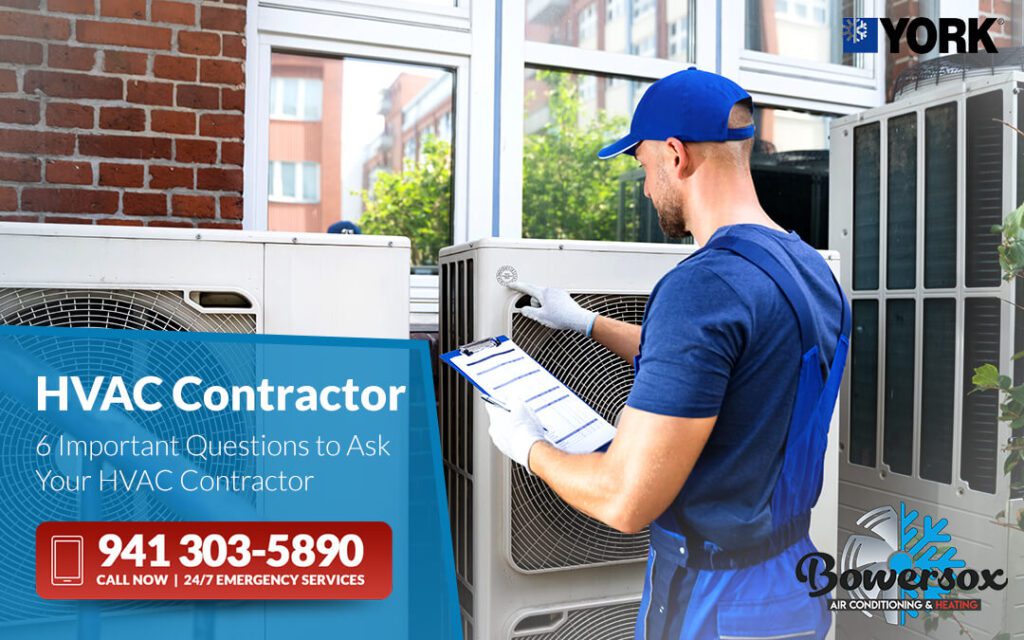

Equipment and Brands
What brands of HVAC equipment do you work with?
Inquiring about the brands of HVAC equipment a contractor works with can provide insights into their preferences and familiarity with specific manufacturers. An experienced contractor should be able to work with a wide range of reputable brands and have knowledge of the latest advancements in HVAC technology. Ask about the brands they commonly install to ensure compatibility with your preferences or any existing equipment you may have.
Do you have any preferred brands or suppliers?
While it’s important for a contractor to work with various brands, it can also be beneficial to find out if they have any preferred brands or suppliers. Preferred brands or suppliers are often chosen based on factors such as reliability, performance, and availability of spare parts. Inquiring about this allows you to assess the contractor’s expertise and any potential benefits of using their preferred brands or suppliers.
Can I choose the equipment for my project?
If you have specific preferences or requirements for the HVAC equipment used in your project, it’s important to inquire if the contractor allows you to choose the equipment. Some contractors may have limitations or recommendations based on their expertise, but a reputable contractor should be open to accommodating your preferences whenever possible. Discuss your equipment preferences with the contractor to ensure they can meet your specific needs.
Are there any energy-efficient options available?
Energy efficiency is a significant consideration when choosing HVAC equipment. Inquire if the contractor can provide energy-efficient options that can help reduce your energy consumption and lower utility bills. A knowledgeable contractor should be able to recommend energy-efficient equipment and explain the potential benefits and savings associated with using such systems.
Can you explain the benefits and drawbacks of different brands?
Ask the contractor for their insights on the various brands they work with and the benefits and drawbacks associated with each. This will allow you to make an informed decision based on factors such as reliability, performance, energy efficiency, and price. A knowledgeable contractor should be able to provide guidance and help you choose the most suitable brand for your specific requirements.
Permits and Regulations
Will you handle obtaining the necessary permits?
Obtaining permits for HVAC projects is often required by local building authorities to ensure compliance with safety and building codes. Inquire if the contractor will be responsible for obtaining the necessary permits on your behalf. An experienced contractor should have a good understanding of the permitting process and be able to handle the paperwork and any associated fees. Clear communication about permit responsibilities ensures compliance with regulations and avoids potential legal issues.
Are there any specific local or state regulations we need to be aware of?
Different regions may have specific regulations and codes that govern HVAC installations and modifications. Inquire if there are any specific local or state regulations you need to be aware of for your project. A knowledgeable contractor should be familiar with the relevant regulations and will be able to guide you through the process, ensuring that your project meets all the necessary requirements.
Do you have knowledge of building codes and compliance?
Understanding building codes and compliance is essential for ensuring that your HVAC project meets the necessary safety and quality standards. Inquire if the contractor has knowledge of building codes and if they routinely stay updated on any changes or revisions. A contractor who stays informed about building codes demonstrates their commitment to delivering work that meets the highest standards of quality and safety.
Can you assist with any required documentation?
HVAC projects often require various documentation, including permits, inspection reports, and compliance certificates. Inquire if the contractor can assist with the preparation and submission of any required documentation. Having a contractor who can handle these administrative tasks can save you time and ensure that all the necessary paperwork is completed accurately and in a timely manner.
What happens if there is a violation of codes or regulations?
Inquiring about how the contractor handles violations of codes or regulations is important for understanding their approach to compliance. Ask about their processes and policies in the event of a violation and how they ensure corrective measures are taken promptly. A reputable contractor should have procedures in place to rectify any violations and ensure that all necessary corrections are made to meet regulatory requirements.
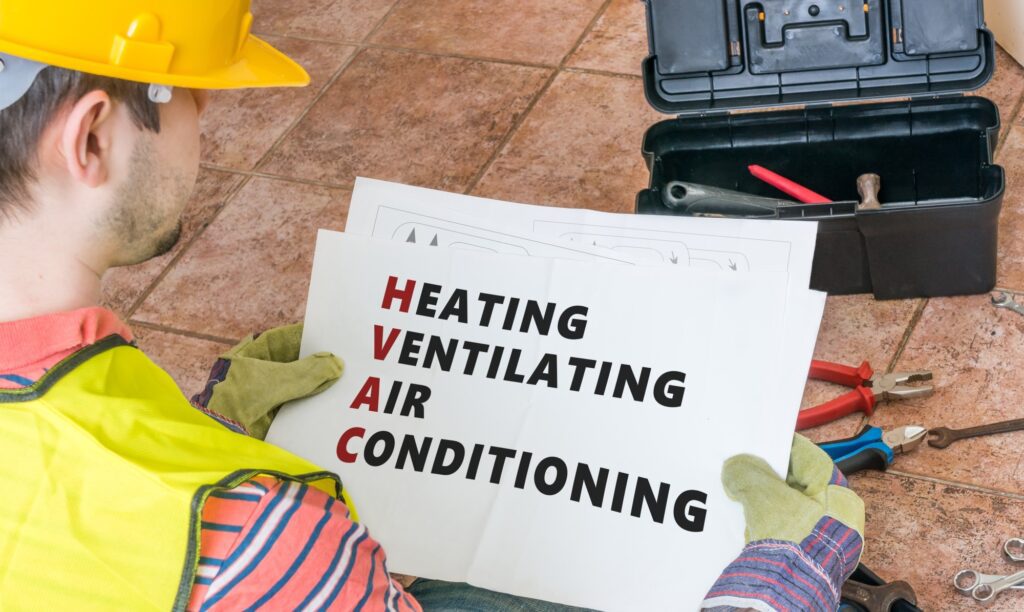

Maintenance and Support
Do you provide ongoing maintenance services?
Regular maintenance is crucial for the proper functioning and longevity of your HVAC system. Inquire if the contractor provides ongoing maintenance services beyond the initial installation or repair. This includes services such as routine inspections, cleaning, and tune-ups to ensure your system continues to operate efficiently. Engaging a contractor who can provide ongoing maintenance services can help extend the lifespan of your HVAC system and optimize its performance.
How often do you recommend HVAC system maintenance?
Understanding the recommended frequency of HVAC system maintenance is essential for planning and budgeting. Inquire how often the contractor recommends scheduling maintenance visits for your system. While the frequency may vary depending on the specific system and usage, a reputable contractor will be able to provide guidance based on industry best practices. Regular maintenance ensures that your system operates at its best and helps prevent costly repairs or breakdowns.
Can you provide a maintenance schedule?
Request a maintenance schedule from the contractor so that you have a clear understanding of when the recommended maintenance visits will take place. A maintenance schedule can be helpful for planning and ensuring that necessary inspections and maintenance tasks are not overlooked. It is also an opportunity to discuss any specific requirements or preferences you may have regarding the scheduling of maintenance visits.
What happens if there is a warranty issue after the project is completed?
Inquire about the contractor’s process for handling warranty issues that may arise after the completion of the project. Understand how they handle service calls related to warranty claims, including any associated costs or fees. A reputable contractor should be prompt in addressing warranty issues and ensuring that any necessary repairs or replacements are made within the warranty period.
Do you offer 24/7 customer support?
Emergencies can happen at any time, and it’s crucial to know if the contractor offers 24/7 customer support. Inquire about their availability for emergency service calls and how quickly they can respond to urgent HVAC issues. Having access to 24/7 customer support ensures that you can get timely assistance when it matters the most, providing you with peace of mind and minimizing any potential disruptions to your comfort.
Environmental Considerations
Do you offer eco-friendly HVAC options?
Environmental considerations are increasingly important when it comes to HVAC systems. Inquire if the contractor offers eco-friendly HVAC options, such as energy-efficient systems or those that utilize environmentally friendly refrigerants. Choosing an eco-friendly option can help reduce your carbon footprint and contribute to a sustainable future.
Can you recommend energy-efficient systems?
Energy efficiency is not only beneficial for the environment but can also result in significant cost savings over time. Inquire if the contractor can recommend energy-efficient HVAC systems that can help lower your energy consumption. They should be able to evaluate your specific needs and propose systems that are designed for optimal energy efficiency, ultimately reducing your utility bills.
Can you provide information on refrigerant use and disposal?
Refrigerants used in HVAC systems can have harmful effects on the environment if not handled properly. Inquire if the contractor can provide information on the type of refrigerants they use and how they handle their disposal. A knowledgeable contractor should adhere to proper refrigerant handling and disposal practices to minimize environmental impact.
What steps do you take to minimize environmental impact?
Understanding the steps a contractor takes to minimize environmental impact demonstrates their commitment to sustainability. Inquire about their practices, such as recycling materials, reducing waste, and disposing of hazardous materials responsibly. A contractor’s commitment to minimizing environmental impact aligns with your own values and ensures that your HVAC project is carried out in an environmentally responsible manner.
Are you familiar with any green building certifications?
Green building certifications, such as LEED (Leadership in Energy and Environmental Design), reflect a contractor’s knowledge and experience in sustainable building practices. Inquire if the contractor is familiar with any green building certifications and if they have experience working on projects that require adherence to sustainability standards. A contractor who is well-versed in green building practices can provide valuable insights and recommendations to support your sustainability goals.

